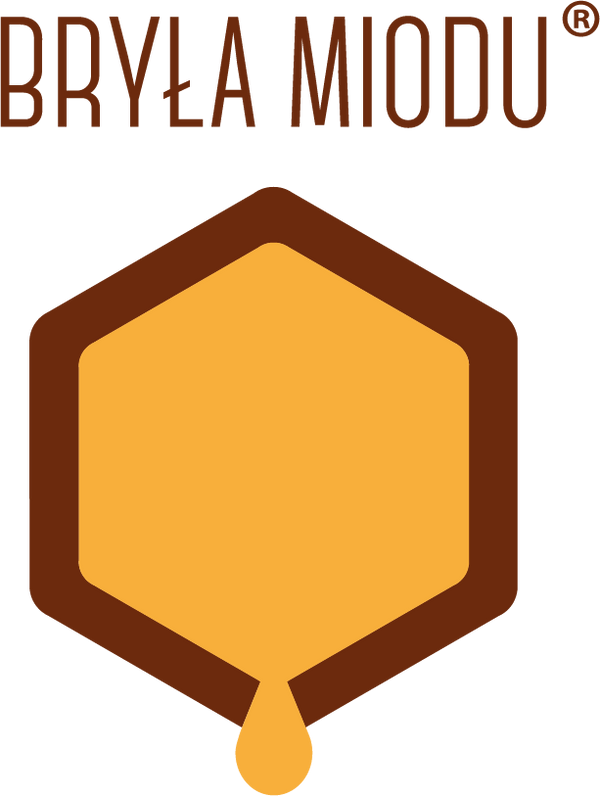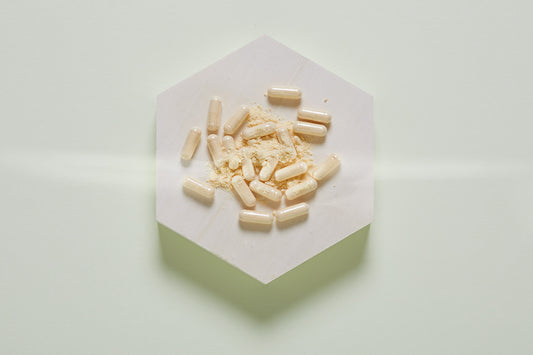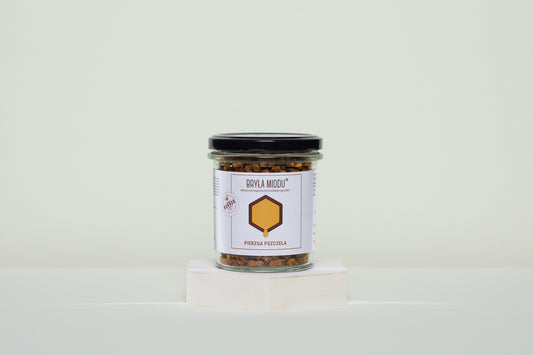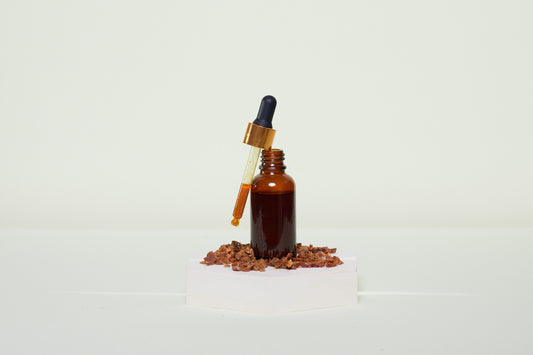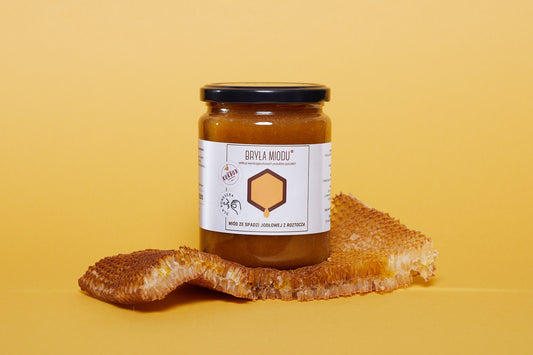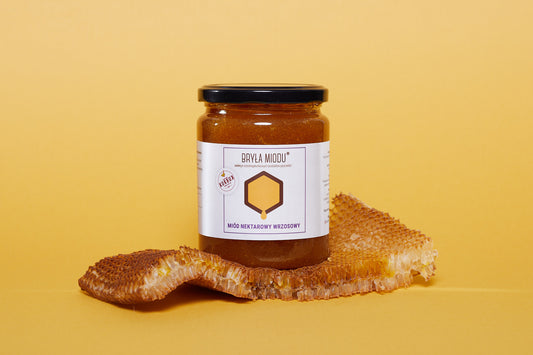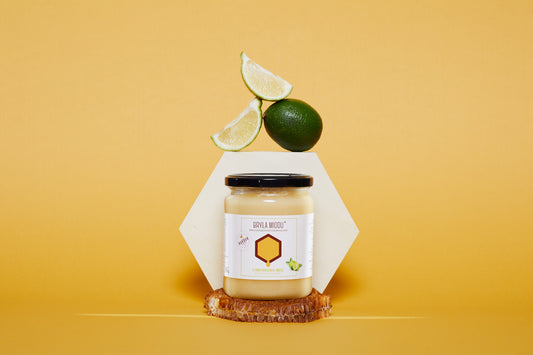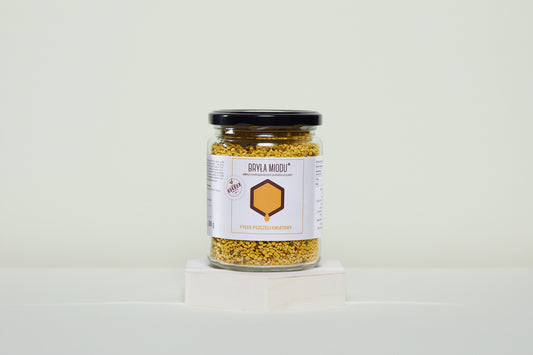Since ancient times, honey has been famous not only as a wonderful delicacy, but also as a natural elixir of health. Honey for children can be not only a tasty alternative to sugar, but also a source of many health benefits. In the article below, we will look at why it is worth including it in the diet of our youngest children.
At what age can a child consume honey?
Introducing honey to a child's diet is important from the point of view of its health and safety. Therefore, parents should know that there is a certain age after which you can consider adding honey to your child's menu.
Infants in particular are sensitive to certain risks associated with this bee product. The reason is the presence of spores of the bacterium Clostridium botulinum . They can produce toxins that are especially harmful to young children. The danger of botulinum poisoning passes when the child turns one year old. Then you can safely introduce honey into your child's diet in amounts and forms that are suitable and easily digestible for him.
It's always a good idea to consult your pediatrician if you're concerned about adding new foods to your child's diet. Following the rules of food safety is crucial for the healthy development of the youngest family members.
Honey for children - health properties
Honey for children is not only a tasty snack, but also a treasure trove of valuable properties that are beneficial to the health of children. Below we list the most important of them:
A natural source of energy
Honey is a rich source of carbohydrates, mainly in the form of glucose and fructose, which are a valuable source of energy . For children who are physically active, it is good to have them at the beginning of the day. Honey can be a great addition to breakfast before school or sports activity.
Supporting the immune system
It has been proven that honey has an immunostimulating effect. Some of its ingredients may support your baby's immune system, helping it fight infections . Regular consumption of honey helps increase the body's resistance to harmful factors. This is especially important when children are exposed to contact with peers at kindergarten or school, where it is easier to catch an infection.
Antioxidants - fight free radicals
Honey contains antioxidants such as vitamins C and E and phenolic compounds that help fight harmful free radicals in the body. This allows baby honey to help protect cells from damage and support overall health. Antioxidants act as a protective shield against the aging process of the body, which is especially beneficial for children during the period of growth and development.
Better sleep
Honey contains the amino acid tryptophan, which helps produce melatonin, a hormone responsible for regulating sleep. Therefore, the delicacy helps to calm down and improve the quality of children's sleep. Serving a hot drink with honey is especially recommended in the evening. It can make sleep more relaxing and enjoyable for your baby.
Cough and sore throat remedy
The product from the hive has been used for a long time as a natural remedy for coughs and sore throats. It soothes irritations and helps alleviate the symptoms of respiratory infections . It is worth adding a teaspoon of honey to tea or giving it to your child in the form of cough syrup.
Increasing hemoglobin levels
Iron is one of the ingredients of honey for children. It is an element necessary for the production of hemoglobin, a protein responsible for transporting oxygen in the blood. Therefore, honey can help prevent anemia and improve the overall condition of the child's body. This is especially important during the growth period, when babies need enough oxygen for the proper development of tissues and organs.
Digestive support
The bee product also helps regulate digestion and prevents constipation in children. It is easily digestible and can act as a gentle agent to increase intestinal peristalsis . Let's add it to breakfast cereals, yogurt or tea, thanks to which it will support the digestion process and make it easier for the child to have bowel movements.
In what form should honey be given to children?
Honey for children can come in various forms. Children over one year of age can consume it in its pure form . However, it is worth exercising in moderation, as honey has a high calorie content. A common way to enrich the diet is to add a sweet treat to milk or tea , especially recommended if a child has throat problems. You can also prepare healthy fruit drinks with a teaspoon of honey. This is a proven way to provide children with vitamins and minerals in a tasty form. We also add honey to breakfast cereals, muesli or oatmeal to diversify the taste and provide energy for the whole day. There are also cough syrups that contain honey. They can help relieve cough in children, but it is always worth consulting a doctor before using such a remedy.
Regardless of the form in which you give honey to your child, remember that it is high in calories, so excessive consumption may lead to excess weight.
Honey for children - recommended species
When choosing honey for children, it is worth considering both the taste and the health benefits that a given variety of honey may provide. We will discuss several of the most popular types of honey, especially recommended for children:

Rapeseed honey
It comes from the early spring honey harvest. Rapeseed honey has a buttery consistency, mild taste and a high content of simple sugars. It is an excellent source of energy for children, especially physically active ones. It is easily digestible and provides the body with an appropriate dose of energy, which may be especially important before sports training or outdoor activities.
Dandelion nectar honey
Dandelion honey, also called May honey, is the pride of Polish beekeepers. It has a sweet and delicate taste that children will surely like. It is a perfect addition to tea or as a sweetener for drinks and desserts. It also has a light consistency, which makes it easier to give to children.
Acacia nectar honey
Acacia honey is considered the most delicious. It is characterized by a strongly noticeable sweetness. It is a perfect addition to morning oatmeal, porridge and sandwiches. Children love it for its pleasant, delicate taste.

Linden nectar honey
The mid-summer linden tree is considered one of the healthiest varieties because it has the highest antibiotic activity. This is ideal honey for children during colds, because it has a sweating, warming effect and helps fight a troublesome cough. It can be added to tea or as a cough syrup.
Where to buy honey for children?
When purchasing honey that is safe for children, it is worth following a few rules that will help ensure the quality and safety of the product. Here are some places where you can find suitable honey for children:
- grocery stores and supermarkets, which usually offer a wide selection of honey. When choosing honey for children, pay attention to labels and quality certificates. An organic certificate (e.g. USDA) may mean that the honey is natural and does not contain artificial additives,
- bee breeders and local markets - there you will usually find fresh honey, not only tasty but also of high quality,
- Health food stores are a good source of organic and natural honey. These stores focus on higher quality products and may offer different varieties of honey,
- Internet - many beekeeping companies offer honey online. When shopping remotely, make sure you choose a trusted supplier and check reviews or opinions from other customers.
It's always a good idea to read product labels to make sure the honey doesn't contain artificial additives or chemicals. Organic certificates and regional origin can be important clues about the quality of honey.
